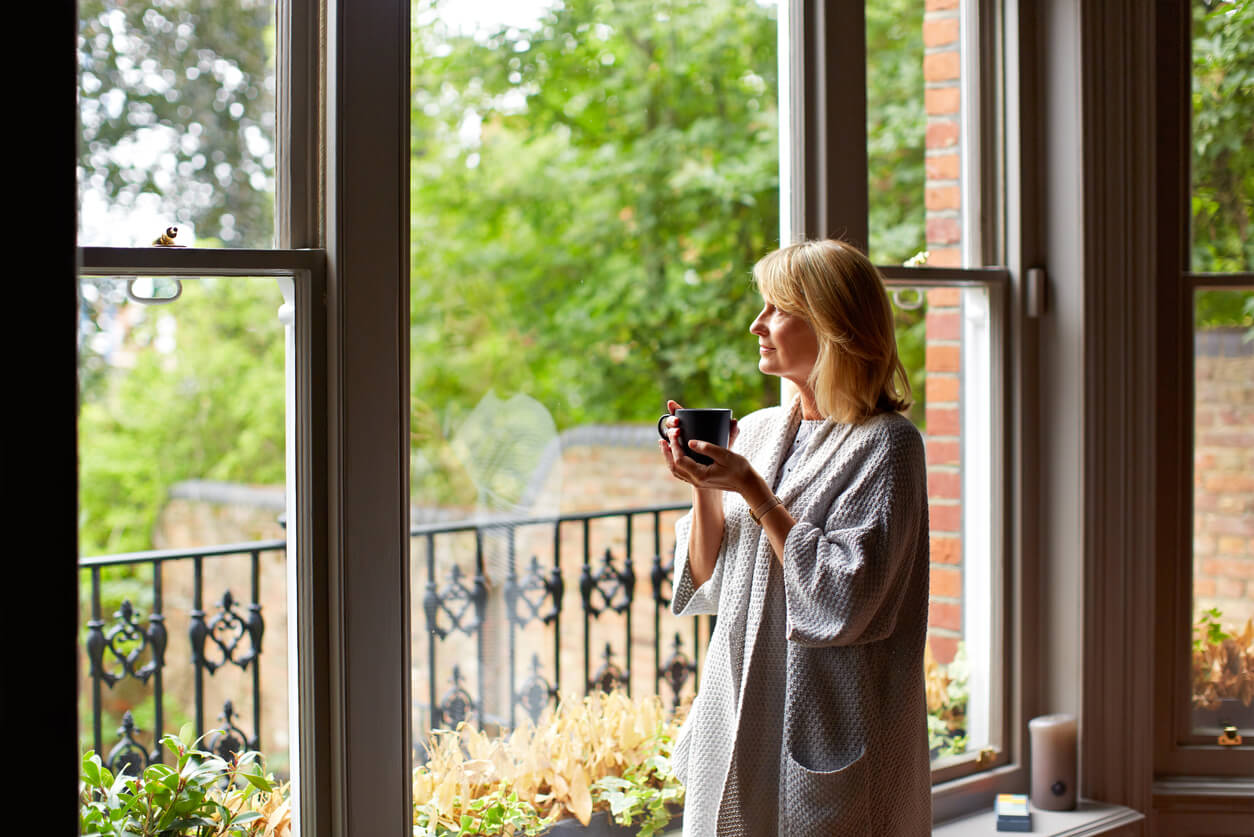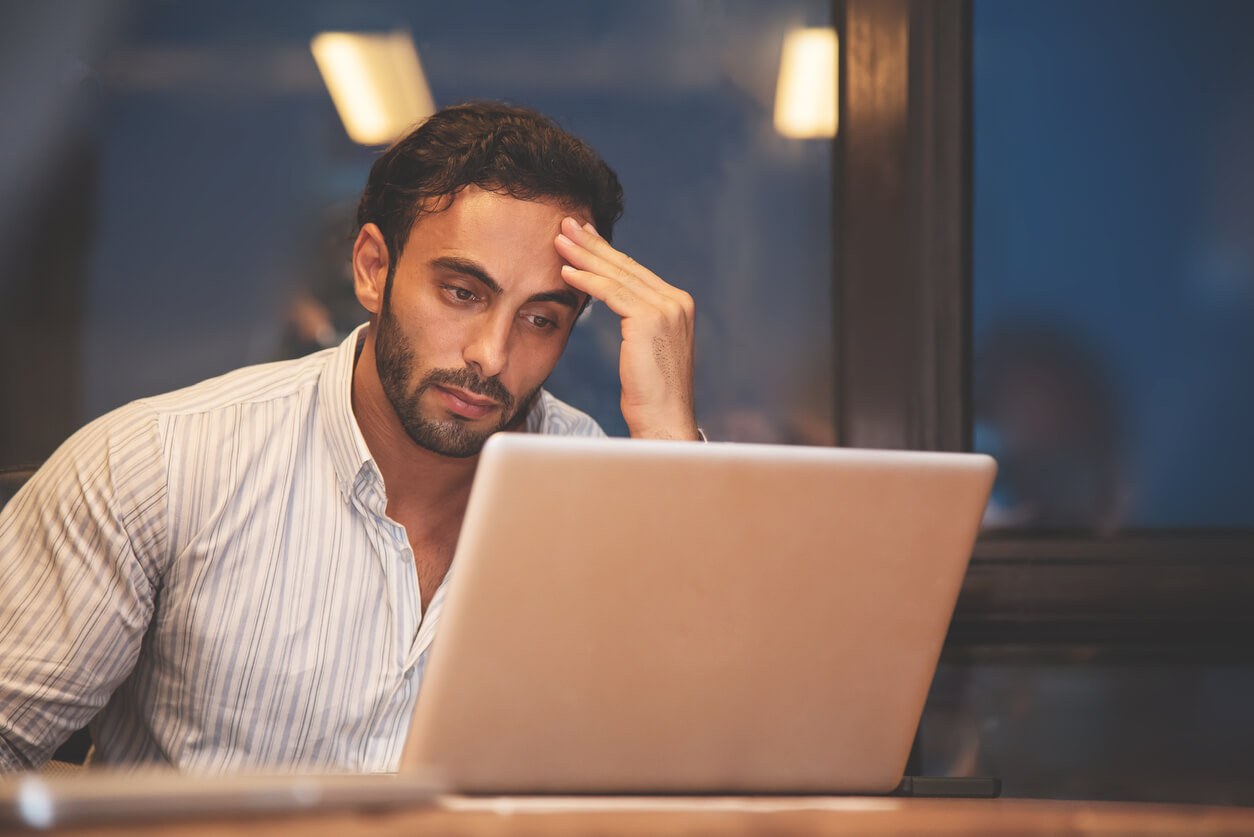Dr Dimitrios Paschos talks anxiety with Woman & Home

Anxiety affects approximately one in 20 people, mixed anxiety and depression affects up to one in 10 people
1 in 4 people experience some form of mental health problem in the UK each year. Anxiety can affect anybody at any age and midlife pressures are contributing to this rising number of cases.
In fact, anxiety, stress and depression are the biggest causes of workplace absenteeism in the UK.
Causes of anxiety, stress and depression
Anxiety can be triggered by a myriad of factors. Tight deadlines, financial pressures, hierarchy and colleague relationships and office politics are just some of the daily battles encountered in the workplace.
There are also many triggers outside of the workplace that can contribute to episodes of anxiety. For example, health issues, medication, social situations, conflict in relationships or friendships and lifestyle factors such as exercise, skipping meals, excessive caffeine are common anxiety triggers.
Triggers differ from person to person and some people may not actually have identifiable triggers at all. It’s important that individuals suffering from anxiety identify their triggers in order to be able to manage and treat the symptoms and to rule out any medical illness.
Anxiety Symptoms
Dr Dimitrios comments, “It’s normal for people to feel anxious at some point but nervousness can become extreme, with psychological symptoms including feelings that you are going to die, lose control or faint.”
Physical symptoms of anxiety
- Cold, numb or tingling sensation in the hands and feet
- Dizziness
- Breathing difficulties
- Heart palpitations
- Nausea
- Excessive perspiration
- Dry mouth
- Inability to remain calm or still
- Muscle tension
How to manage anxiety
Dr Paschos shares his top tips for managing anxiety in the magazine, suggesting simple lifestyle tweaks. Reducing stimulants, exercising, meditating, socialising and improving the quality of sleep can all be advantageous when dealing with episodes of anxiety.
It’s important to consult with a qualified medical practitioner if anxiety becomes unmanageable and begins to affect your quality of life.
 Visit our UK website
Visit our UK website






